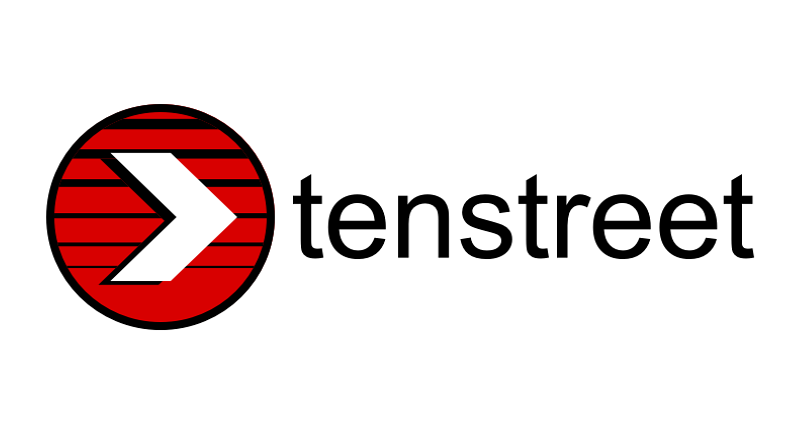
Taking the Wheel: Private Fleets Drive Innovation, Collaboration for Supply Chain Control
Companies are increasingly bringing transportation in-house. A recent summit highlights the tech and collaborative strategies private fleets are using to navigate challenges and optimize operations.
Taking the Wheel: Private Fleets Drive Innovation, Collaboration for Supply Chain Control
Tulsa, OK – November 15, 2025 – While the long-haul trucking industry often dominates headlines, a quieter revolution is taking place within the world of private fleets – the transportation arms of companies where logistics supports, rather than defines, the business. A recent inaugural Private Fleet Summit, hosted by technology platform Tenstreet, underscored a growing trend: companies are taking the wheel, bringing transportation in-house to regain control of their supply chains, mitigate disruptions, and improve efficiency.
Driven by factors ranging from persistent driver shortages to the need for greater transparency and cost control, private fleets are expanding, innovating, and increasingly reliant on technology to overcome unique challenges. The summit, attended by fleet executives, safety directors, and operations leaders, served as a crucial forum for knowledge sharing and collaborative problem-solving.
“The traditional model of relying solely on for-hire carriers is no longer sufficient for many companies,” explains a safety director from a large distribution company who attended the summit. “We need predictability, control over the driver experience, and a more direct line of sight into our logistics operations. That’s driving the growth of private fleets.”
Beyond the Driver Shortage: A Holistic Approach to Retention
The chronic driver shortage remains a significant hurdle for all fleets, but private fleets face distinct difficulties. Unlike for-hire carriers with established routes and consistent freight, private fleets often operate on less predictable schedules and may require drivers to handle a wider variety of tasks. This can make attracting and retaining drivers more challenging.
Summit discussions emphasized that simply increasing pay isn’t enough. A holistic approach that prioritizes driver experience, safety, and professional development is crucial. Technology plays a key role, with attendees highlighting the benefits of platforms that streamline onboarding, provide real-time coaching, and enhance communication.
“We’re using technology to make the driver’s job easier and more rewarding,” says a fleet manager from a national retail chain. “That includes tools for route optimization, electronic logging devices, and mobile apps that provide drivers with access to important information and support.”
The Rise of Technology: Beyond Efficiency to Enhanced Safety & Compliance
The summit showcased a growing array of technology solutions designed to address the specific needs of private fleets. Beyond basic fleet management software, attendees explored innovations in areas such as:
- AI-powered safety systems: Utilizing cameras and sensors to detect driver fatigue, distraction, and potential hazards.
- Predictive maintenance: Leveraging data analytics to identify and address vehicle maintenance needs before they lead to breakdowns.
- Route optimization and dynamic scheduling: Adapting routes and schedules in real-time to minimize delays and improve efficiency.
- Driver coaching and performance monitoring: Providing drivers with personalized feedback and support to improve their skills and safety performance.
“Technology is no longer just about reducing costs; it's about enhancing safety, improving compliance, and creating a more sustainable transportation system,” notes a fleet operations executive. “Private fleets are particularly well-positioned to adopt these technologies because they have more control over their operations and can invest in solutions that align with their specific needs.”
Collaboration and Community: A New Model for Industry Advancement
Perhaps the most significant takeaway from the summit was the emphasis on collaboration and community. Private fleets often operate in isolation, lacking the opportunities to share best practices and learn from their peers. The summit provided a much-needed forum for knowledge sharing and networking.
“It’s incredibly valuable to be able to connect with other fleet professionals and learn from their experiences,” says a director of network design at a major shipping company. “We’re all facing similar challenges, and it’s much easier to overcome them when we work together.”
The summit fostered a sense of community and highlighted the importance of industry collaboration in addressing the complex challenges facing private fleets. Attendees emphasized the need for continued dialogue and the development of industry standards to promote innovation and best practices.
Looking Ahead: The Future of Private Fleets
The trend towards increased private fleet ownership is expected to continue in the coming years. Driven by the need for greater control, resilience, and efficiency, more companies are likely to bring transportation in-house.
“The supply chain disruptions of the past few years have underscored the importance of having a reliable and predictable transportation system,” explains an industry analyst. “Private fleets offer companies a way to regain control of their logistics operations and mitigate the risks associated with relying solely on third-party carriers.”
However, success will require continued investment in technology, a commitment to driver safety and well-being, and a willingness to collaborate with industry peers. The Private Fleet Summit demonstrated that private fleets are not just adapting to the changing landscape of transportation; they are actively shaping its future.
Tenstreet’s role in hosting the summit underscores a growing recognition that technology platforms can play a vital role in facilitating collaboration and driving innovation within the private fleet sector. As private fleets continue to expand and evolve, these platforms will likely become increasingly important in helping companies navigate the challenges and opportunities that lie ahead.
